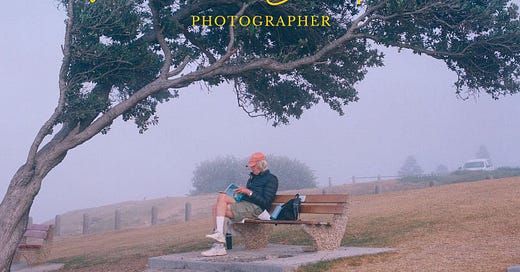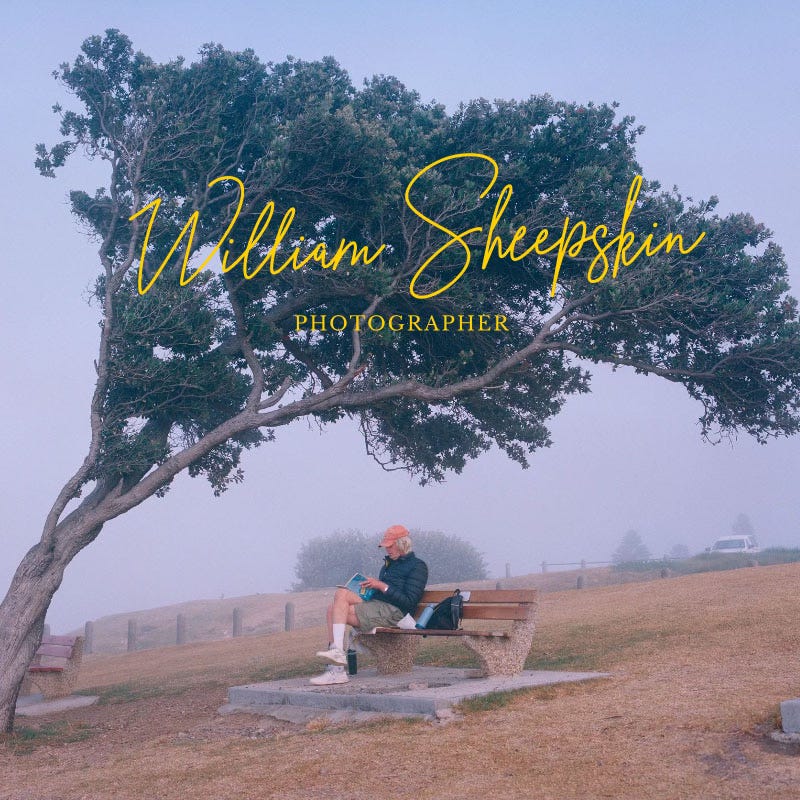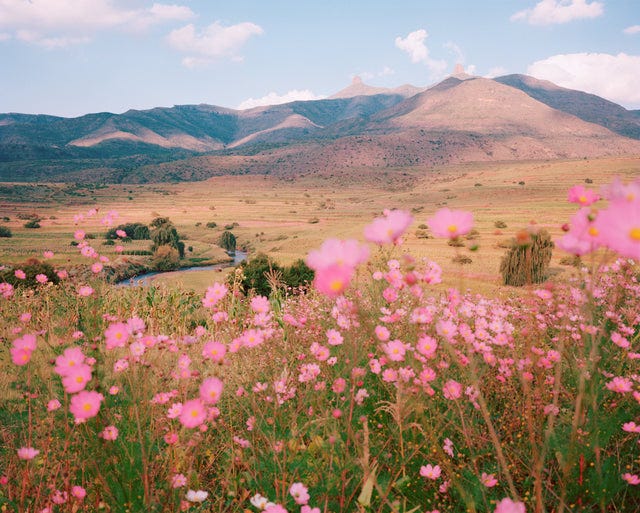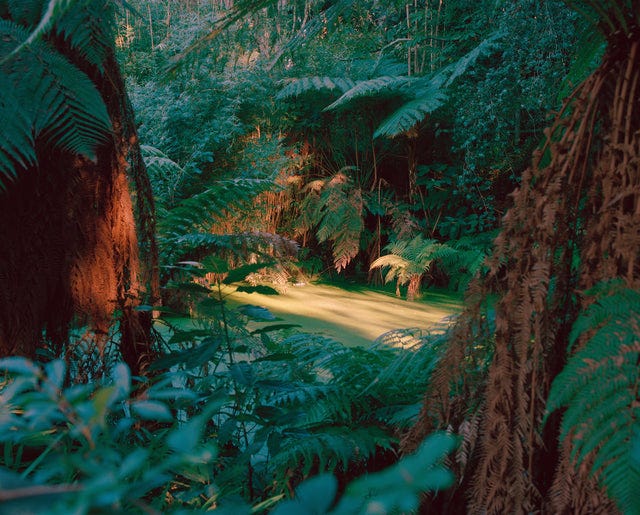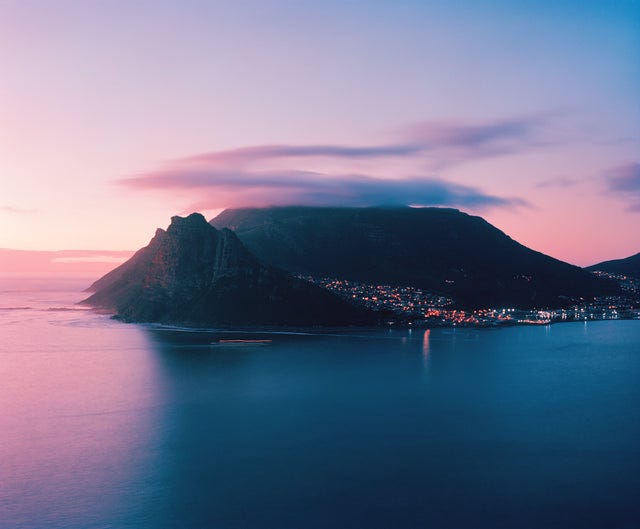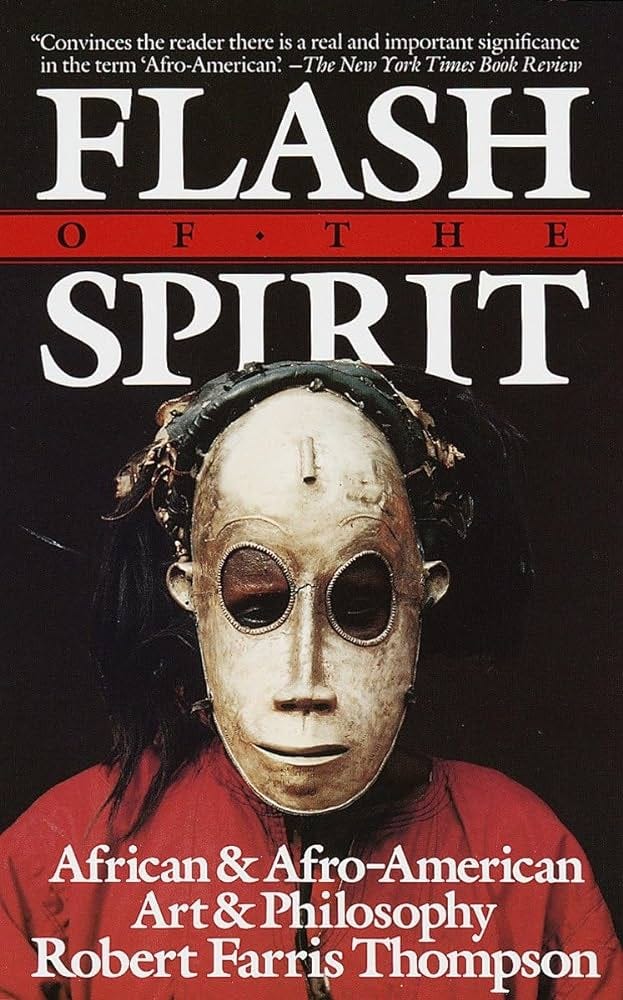An Execution in the Anglo Boer War and Instagram Algorithms - William Sheepskin
Why we should look elsewhere for inspiration
“Succumbing to the ease of doing something that's tried and true will never work out as well in the long run as just doing your own thing.”
I got to chat with Cape Town-based photographer William Sheepskin about his creative journey:
- William’s work focuses on capturing fleeting moments, influenced by both classic photographers and the human stories in literature.
- Although Cape Town is visually iconic, he seeks out lesser-known elements that tell a different story.
- His advice to aspiring artists:
Stick with your own vision, even if it starts out rough. Let it grow into something unique rather than following what’s already been done.
(Uncut and unedited)
What inspired you to become a photographer?
I'm not sure if there's any one specific thing that inspired me. I'm a very nostalgic person and I think the act of photography scratches an itch there, I started out photographing graffiti pieces to immortalise them since they never last particularly long and just moved on from there. I think a lot of my work is still centered around the idea of things being temporary and wanting to make a moment last.
How has living in Cape Town influenced your photography style and choice of subjects?
I think living in Cape Town has forced me to try and come up with things that aren't Cape Town related to photograph. The city itself is such an iconic place that I often find myself actively trying to avoid photographing it since I'm not sure I'd have much to contribute to the visual language of the place. I'm starting to warm up to it now though and scouting out places that could be made use of , I think the trick with Cape Town is to find small elements of it that don't necessarily look like Cape Town haha.
Did you have any mentors or influences early in your photography journey?
Early on I spent a lot of time looking at the old greats like everyone does. Richard Avedon, Helmut Newton, Dorothea Lange etc. Outside of that my friends who were working photographers were probably the greatest inspiration.
How has your approach to photography evolved since you first started?
I think I'm a lot more patient with things in general now than I was in the beginning. I started out quite frantic trying to make things happen and eventually realised that the work wasn't going to get there out of pure desire and started slowing down and being more intentional with everything, that's when things started to line up. I still get impatient sometimes, but at least now there's a bit of a body of work to look back on.
Can you describe a pivotal moment or project in your early career that significantly shaped your path as a photographer?
I went on a week long trip around South Africa retracing the final path of an ancestor who was executed during the Anglo Boer war for my degree project at uni. The photographs weren't necessarily anything spectacular since I was still figuring things out, but the process and journey are the reason that manner of work is something that still appeals to me. I recently got to fulfil the desire to go out and do something like that again but with what I know now backing up the images, and I'm excited to share that work.
What are your non-photographic influences?
I find a lot of inspiration in books. Not necessarily very visually descriptive books, but the classics by like Steinbeck specifically really get the gears turning in terms of what the human experience is and how I can relate an understanding of the world into photographs.
What was the first camera you owned, and how did it impact your learning experience?
First camera I owned was a weird elongated 2mp toy camera type thing that my dad got me when I was 11. I photographed beans we were growing for a school project with it and it gave me a good concept of the idea of memory through photography.
Do you believe social media has had a positive or negative impact on the field of photography?
It does both really I reckon, there are positives to it in terms of work being seen and getting jobs, but the raw amount of imagery on there can be a bit overwhelming. It also isn't particularly conducive to actual creativity a lot of the time since most of what get's big traffic is rehashed or stolen ideas or images of things so iconic that they're automatically going to get traffic. If you can do your thing and meet people through social media without getting too caught up in the game then it's great. More and more now though it feels like actual work doesn't have much of a place somewhere like instagram since the algorithm is fine just promoting thousands of variations of the same reel.
If you could change one aspect of the current photography scene, what would it be?
That's a pretty big question haha! I'm not sure that I could make a decision on something like that that'd actually be well informed across the board. For me personally I'd just want there to be more budgets for publications to stay involved in the scene. More and more places that used to be the hub for exquisite imagery seem to be disappearing since there's less appeal for hiring stellar photographers to tell visual stories out in the world. More budget for photo editors and publications would only help the scene I reckon.
What is one piece of advice you would give to aspiring artists?
To just do what they want to do. It might not instantly work out the way they want it to but there's a lot more value in sticking with something that starts out bad and allowing it to progress into something good that's it's own thing. Succumbing to the ease of doing something that's tried and true will never work out as well in the long run as just doing your own thing.
Perhaps overlooked in art is to take inspiration from external sources. For Sheepskin, Books help him to better understand the human experience. If we tunnel vision into a specific medium this can damage our potential for diverse and new ideas.
Here is a great video showing what Basquiat used for inspiration:
(The two books featured in the video)
It is thought that these books set the foundation for Basquiat’s art. One, a symbol sourcebook and the other, a book on African and Afro-American Art and Philosophy. It is interesting to think that the combination of these books created some of the greatest art to ever exist.
So, let’s start looking outside to help get the work done on the inside.
Cheers to that 🍻


